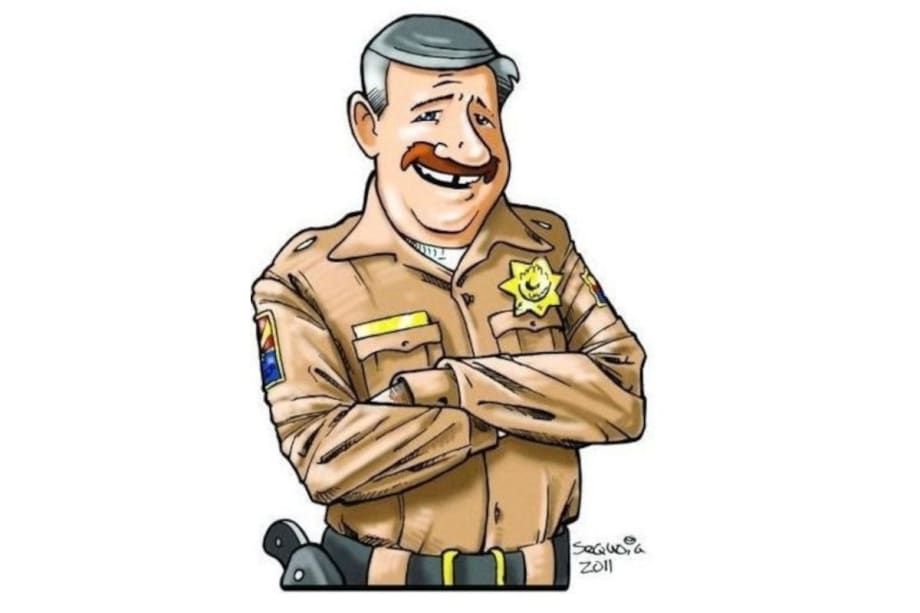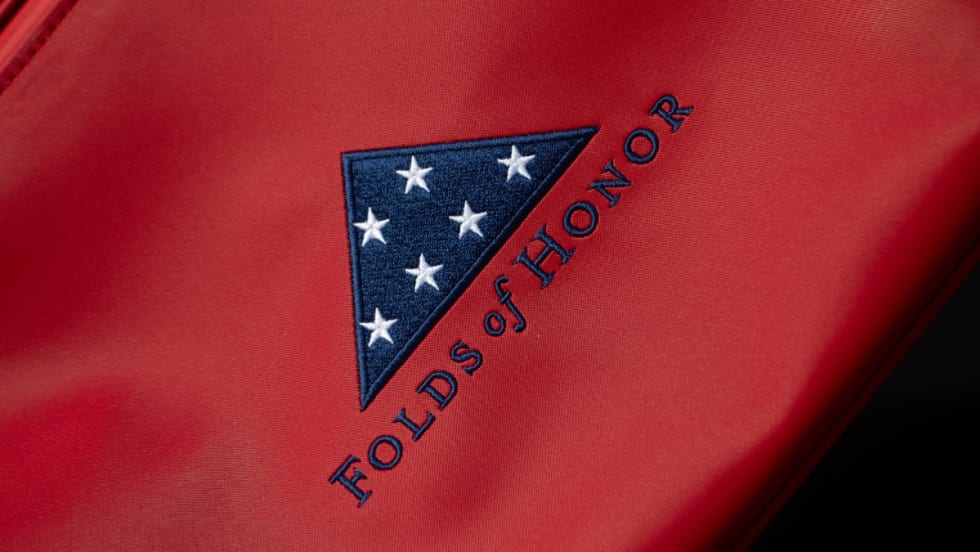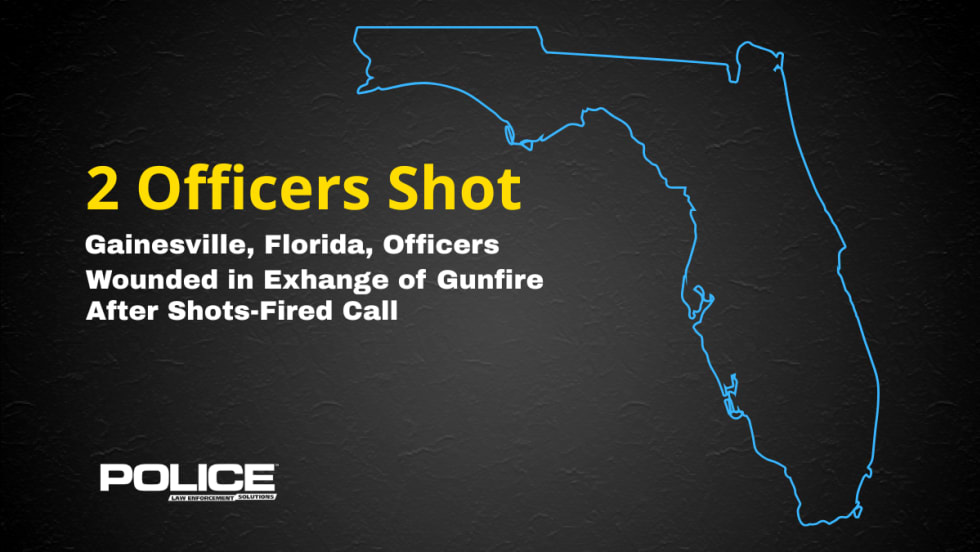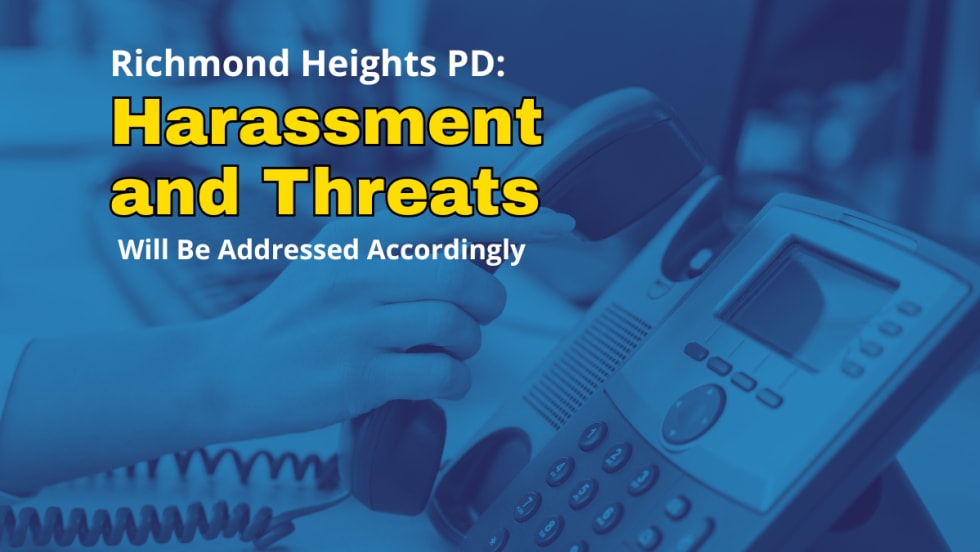Oct. 25, 2023, a mentally ill subject entered a bowling alley in Lewiston, Maine, and opened fire with a Ruger semi-automatic .308 rifle; he then drove to a nearby bar and opened fire again. That is the sterile description of the horror that occurred that night.
Dave Smith: Hearing Voices
It's time to have a serious conversation about the role of mental health in violent crime.

First responders spent the next two days searching the area with a seriously high pucker factor since the shooter was a military trained firearms instructor who had been institutionalized the previous summer after confessing at a training exercise that he had heard voices telling him to shoot up a military facility. Then, in September, a Sheriff’s Sergeant was dispatched to contact the obviously mentally ill fellow because some were concerned that “the reservist was going to snap and commit a mass shooting.”
Wow, just wow. What the heck is going on? Eighteen people murdered, 13 others wounded, in a highly politicized tragedy. “Gun Control!” was the almost immediate and universal cry, but the deeper, more important issue is why have we failed to deal with mental illness in any effective way? Drive down any major urban street and you are not the least surprised to see a homeless person gesticulating and talking in an obvious intense debate with…nobody. At least nobody that you and I can see.
Pick any newscast and a large number of stories often involve mental illness at some point. Children suffering depression, suicide, gender dysphoria, and other problems were further impacted by the efforts to control the COVID virus by forcing them into unnatural seclusion. Educators, physicians, psychologists, and counselors, seem to pander instead of treat, encourage instead of heal, and accept no other opinions on how to deal with these issues than their own, which have been ineffective. Mass shooters undergoing “transitioning” are not to be analyzed, much less their manifesto read, as in the instance of the Nashville shooting suspect. Law enforcement is constantly told, as is the general public, that the mentally ill are no more dangerous than the general population and need to be protected, not criticized, treated, or actually helped.
There exists a national con job of pseudo-therapy programs, halfway houses, and other charities pretending to help the people in crisis, yet the only thing getting better is the charities’ bank accounts. I sit regularly at my county board of supervisors meeting and go over the grants and funds being expended on the variety of groups pretending to help the homeless (almost universally mentally ill and chemically dependent, illegal aliens, and the poor) and the magnitude is amazing. These programs are requiring more and more public funding with no feedback mechanism. We are caught in the futile cycle of, “spend a fortune - things get worse - ask for more of the public’s money.” And too often the mantra is, “Take funds from the police and give it this or that social service group.”
While defunding the police is no longer a credible option, too many politicians still “act” on that principle and allocate resources to the useless while denying the necessary. The police function is a basic principle of governing and is also a way to improve the lives of the common folk as well as the mentally ill. Too often, the only public servant that actually interacts effectively with the person suffering a mental crisis is the police officer. “Tough love” is not just a saying, it is an ancient wisdom that needs to be fully embraced. Forcing someone into a controlled environment is often the only way to treat many mental illnesses. Many former alcoholics and drug-addicted folks describe their arrest as the catalyst that forced them into the therapy that saved their lives. Yeppers, those nasty police actually save many lives by protecting the public, enforcing laws, and truly caring about their community.
Frankly, American law enforcement has been begging the rest of the system to deal with mental illness for years. Prisons are literally filled with the complete catalog of mental illnesses. New Zealand estimates 90% of its inmates suffer from some form of these illnesses, while American researchers seem to try to minimize mental health’s impact on criminality. Some studies of American institutions come close to New Zealand’s number while others find it as low as 59% but, regardless of the number, mental health is the gorilla in the room when we talk about mass shootings, criminality, homelessness, drug abuse, domestic violence, and suicide. Time for a Dutch Uncle conversation with America
Blaming inanimate objects like guns for a problem caused by mental illness is an exercise in futility that solves nothing, wont work and, worse, limits the freedoms of a free people. Laws need to be enacted, enforced, and followed that include treatment and follow-up for those who suffer from this growing crisis. The time for law enforcement leaders to stand silent is over. Demand action, demand solutions, demand safe streets, demand tools and training, and lead this country to safety.
Dave Smith is an internationally recognized law enforcement trainer and is the creator of “JD Buck Savage.” You can follow Buck on Twitter at @thebucksavage
More Patrol

Folds of Honor Opens Scholarship Application for Children and Spouses of Fallen or Disabled Service Members and First Responders
The application period for the Folds of Honor scholarship program is now open through the end of March. Scholarships support students from early education through postsecondary studies, easing the financial burden for families who have given so much in service to others.
Read More →
Team Wendy Now on GovX: Faster Verification and Discount Access for Eligible Professionals
With GovX verification now integrated directly into the Team Wendy checkout experience, eligible customers can confirm their status in just a few clicks and have the discount applied automatically.
Read More →
5.11 Debuts 2026 Footwear & Apparel at SHOT Show
5.11 showcased new apparel and footwear products during SHOT Show 2026, including new color options for the A/T Boa Lite Mid Boot and the Founder’s Jacket.
Read More →
5.11 Debuts New Load-Bearing Gear at SHOT Show
5.11 launched a variety of new load-bearing gear, ranging from backpacks to chest packs, designed for training, travel, and everyday readiness, this week during SHOT Show 2026.
Read More →
Streamlight Launches the Rechargeable TLR-3X & Other Lights at SHOT Show
Streamlight launched the TLR-3X and TLR-3X USB, two new weapon lights, and an assortment of other new lights during SHOT Show 2026.
Read More →
EOTech & Fast Metal Introduce the EOTech Halen Ballistic Spectacle System
Built on the proven Halen platform, the new EOTech x Fast Metal Halen Ballistic Spectacle System is the only aluminum frame listed on the U.S. Army’s Authorized Protective Eyewear List.
Read More →
2 Florida Officers Shot After Shots-Fired Call
Two officers were shot in Gainesville, Florida, by a man who police say was leaving an area where he had killed a man inside a business. The suspect exited his vehicle in what the chief termed an “ambush-style” attack.
Read More →
Mistaken Identity: Ohio Police Department Harassed After ICE OIS
An Ohio police department has received harassing phone calls and social media messages because it has an officer with the same name as the ICE officer identified in the Minneapolis, Minnesota, officer-involved shooting.
Read More →
Top 10 POLICE Videos of 2025
What were the top videos published by POLICE in 2025? Many covered tactics and officer safety, while others came from booth visits at IACP in Denver, Colorado. In case you missed these, here are the top 10 videos.
Read More →
Flock Safety and Coreforce Partner to Enhance Real-Time Awareness and Operational Efficiency for Law Enforcement
A new integration partnership will enable Flock Safety hotlist alerts and license plate recognition (LPR) searches directly in Coreforce’s Real-Time Crime Center (RTCC) and Digital Evidence Management System (DEMS) platform.
Read More →
